For many couples, the journey to conception can be fraught with challenges and disappointments. While some couples achieve pregnancy relatively easily, others face prolonged struggles that can feel both emotionally and physically draining. Among the many factors that contribute to a couple's ability to conceive, stress is a key player that can disrupt both natural and assisted reproductive processes. Research has increasingly highlighted how stress can affect fertility, complicating an already delicate journey toward parenthood.
The Cycle of Harm: Stress and its Impact
Recent studies have shown a strong correlation between stress levels and pregnancy outcomes. One notable study revealed that women exhibiting high levels of an enzyme called alpha-amylase, which is indicative of stress, took significantly longer to conceive than those with lower levels. This enzyme serves as an excellent marker, showing that stress doesn’t just feel negative; it has real implications on bodily functions related to reproduction.
Cortisol, the body's primary stress hormone, plays a crucial role in this relationship. When a person is under stress, cortisol production ramps up, which can disrupt the normal functioning of the ovaries. This disruption impacts the ovarian cycle and can affect the release of eggs necessary for conception. In men, elevated cortisol levels can negatively affect sperm motility and production. Consequently, the psychological ramifications of stress—such as reduced libido and changes in behaviour—further complicate these already stressful situations. Couples may find themselves engaging in unhealthy behaviours such as excessive alcohol consumption and smoking, which can hinder their chances of conceiving.
The Influence of Stress on Fertility Treatments
The relationship between stress and fertility extends beyond natural conception; it also affects assisted reproductive technologies (ART) like in vitro fertilization (IVF). Research indicates that couples experiencing high levels of stress before and during treatment often see significantly lower pregnancy success rates. The presence of biological markers indicating stress, such as elevated levels of cortisol in hair samples, has been linked to these poor outcomes. Essentially, a stressful mental state can create biological barriers that prevent successful conception.
At centres specializing in reproductive health like Ferticore IVF Centre, understanding the psychological aspects of fertility treatment is part of providing comprehensive care. Ferticore recognizes that the mental wellness of individuals undergoing ART can substantially influence outcomes, making stress management a priority in their approach.
Moreover, studies reveal a concerning statistic: between 10% and 25% of pregnancies that end in miscarriage involve the presence of depression and anxiety. Mental health struggles not only create emotional turmoil but also lead to lifestyle changes—like sleep deprivation and increased caffeine consumption—that further diminish the likelihood of conceiving. As couples endure the hardships of infertility, the stress of not achieving pregnancy can create a vicious cycle that feels increasingly insurmountable.
The Psychological Impact of Infertility
The emotional toll of infertility can lead to an array of psychological issues, including depression and anxiety. One study found that about 40% of women diagnosed with infertility exhibited symptoms of depression or anxiety prior to their diagnosis. Similarly, around 32% of men reported experiencing these symptoms. This imbalance suggests that individuals facing infertility issues often experience more pronounced psychological distress compared to those who are fertile.
As the months of trying to conceive stretch on, many couples find themselves caught in a downward spiral. The frustration and sadness associated with repeated failure can erode the foundations of relationships and lead to a breakdown in communication. This emotional strain only exacerbates existing stress levels, creating a challenging environment for conception.
Breaking the Cycle: Stress Management Strategies
Given the intricate link between stress and infertility, effective stress management is crucial for couples trying to conceive. Here are some practical strategies to help break the cycle of stress and enhance fertility:
1. Identify Triggers: Recognize sources of stress in your life and develop proactive strategies to manage them. Whether it's work-related issues or relationship dynamics, addressing these triggers can provide relief.
2. Exercise Regularly: Engaging in physical activity can elevate mood and reduce stress levels. Aim for at least 30 minutes of exercise daily; even simple activities like walking can be beneficial.
3. Practice Mindfulness: Techniques such as meditation and deep-breathing exercises can cultivate a sense of calm and present-moment awareness, helping to alleviate stress.
4. Enhance Communication: Open dialogue between partners is vital. Discuss fears and frustrations candidly to mitigate misunderstandings and foster emotional support.
5. Seek Professional Help: Therapy, particularly cognitive-behavioural therapy (CBT), can be highly effective in equipping individuals with tools to manage their stress and address negative thought patterns related to infertility.
Conclusion
Navigating the path to parenthood is often filled with stress, disappointment, and uncertainty. While physical factors can sometimes be beyond an individual's control, addressing emotional health through stress management is a proactive step in the right direction. By understanding and mitigating the impact of stress on fertility, couples increase their chances of conception and foster a healthier mental environment in their journey toward starting a family. Ferticore IVF Centre emphasizes this holistic approach, recognizing that improving mental health and managing stress can be as essential as any medical intervention in achieving the dream of parenthood. Ultimately, finding ways to cope with stress can be an integral part of your journey toward a successful conception.
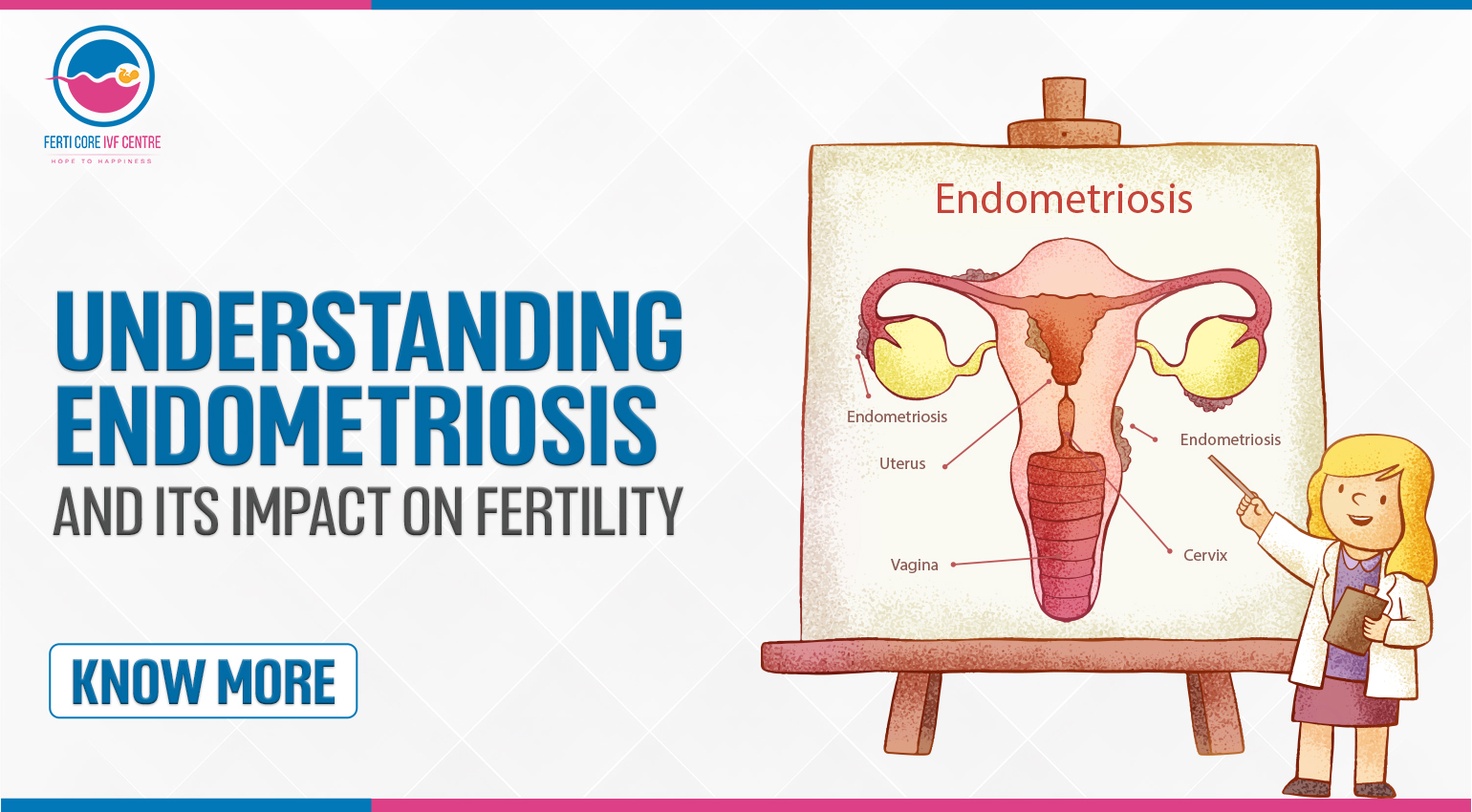 Understanding Endometriosis and its Impact on Fertility
Understanding Endometriosis and its Impact on Fertility
 10 Best Foods That Can Enhance IVF Success and Boost Fertility Naturally
10 Best Foods That Can Enhance IVF Success and Boost Fertility Naturally
 Navigating the IVF Journey: A Step-by-Step Guide
Navigating the IVF Journey: A Step-by-Step Guide
 Personalized Care in IVF: Tailoring Treatments for Individual Needs
Personalized Care in IVF: Tailoring Treatments for Individual Needs
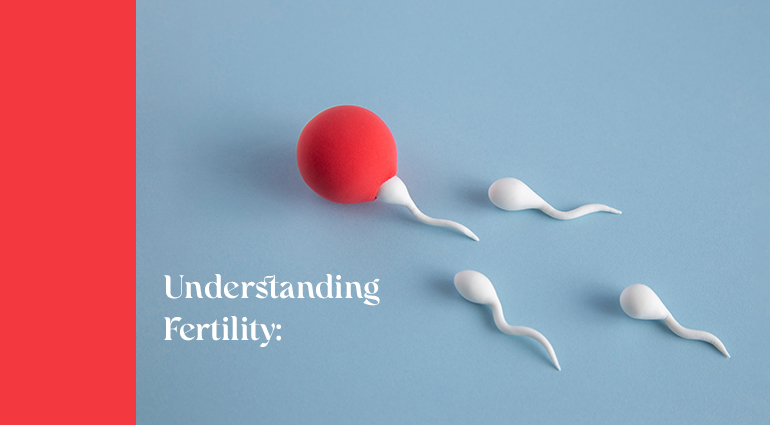 Understanding Fertility: Common Causes and Treatments
Understanding Fertility: Common Causes and Treatments
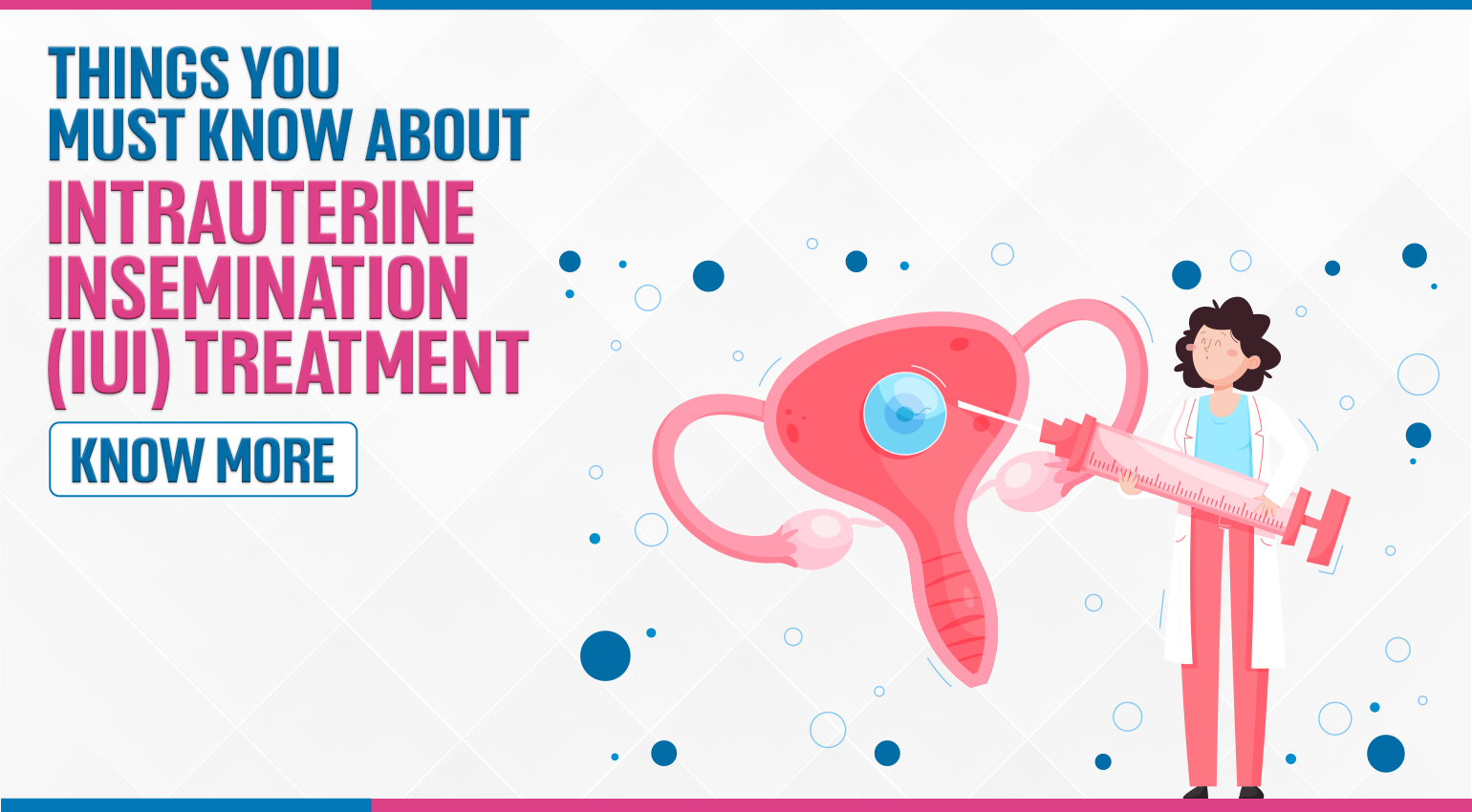 Things You Must Know About Intrauterine Insemination (IUI) Treatment- Ferticore IVF centre
Things You Must Know About Intrauterine Insemination (IUI) Treatment- Ferticore IVF centre
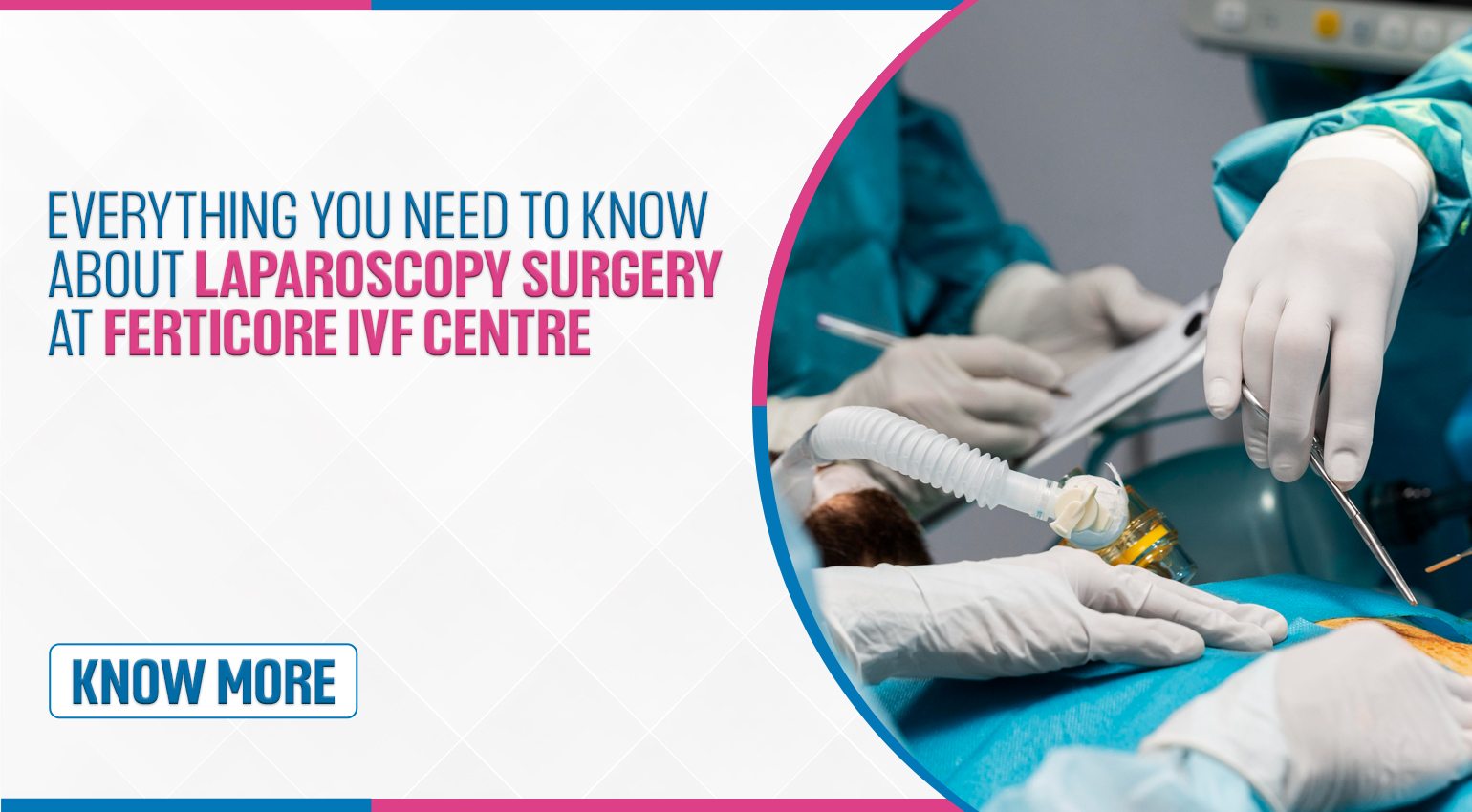 Everything You Need To Know about Laparoscopy Surgery at Ferticore IVF Centre
Everything You Need To Know about Laparoscopy Surgery at Ferticore IVF Centre
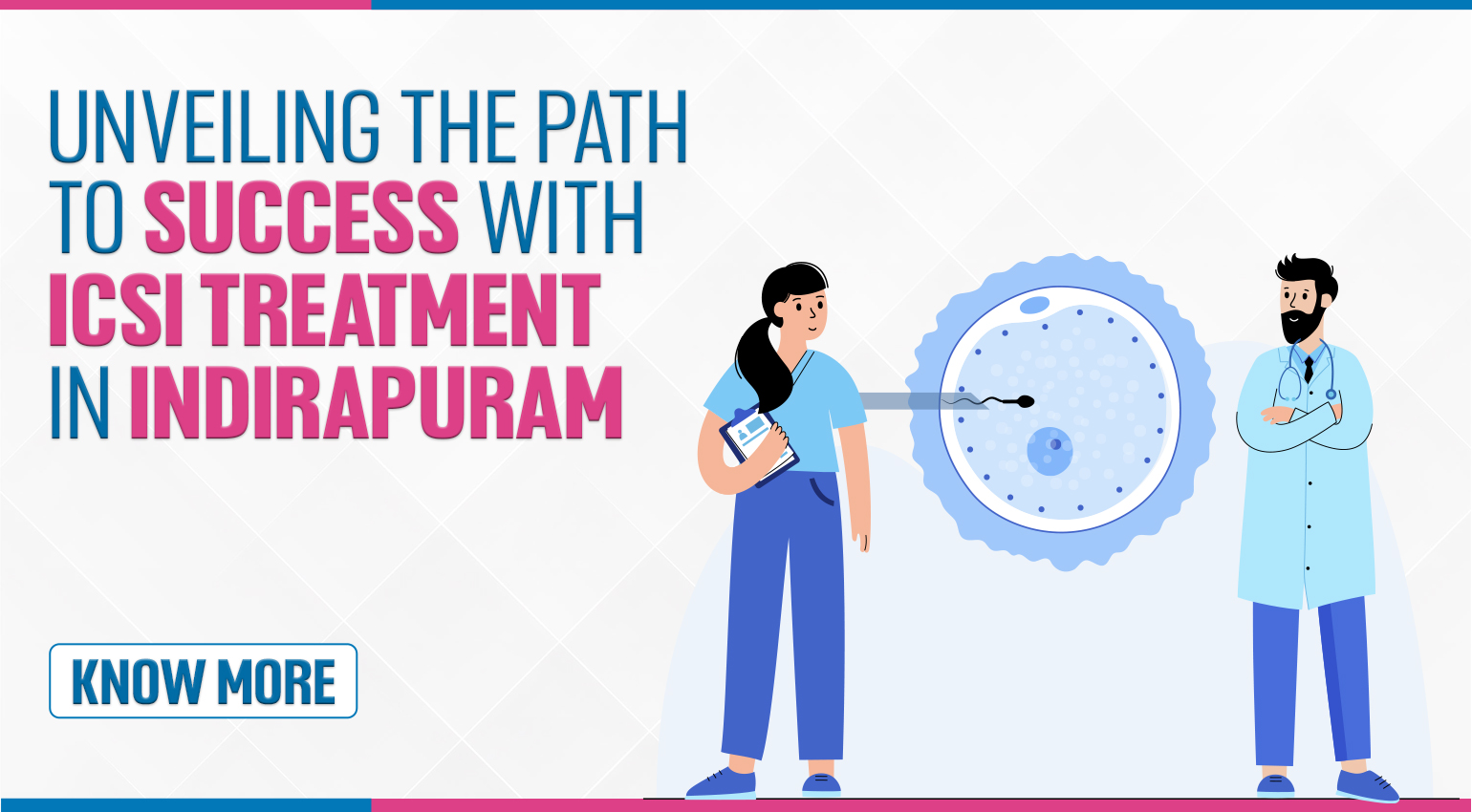 Unveiling the Path to Success with ICSI Treatment in Indirapuram - Ferticore IVF Centre
Unveiling the Path to Success with ICSI Treatment in Indirapuram - Ferticore IVF Centre
 10 Key Questions to Ask Your Fertility Specialist About IVF at Ferticore IVF Center
10 Key Questions to Ask Your Fertility Specialist About IVF at Ferticore IVF Center
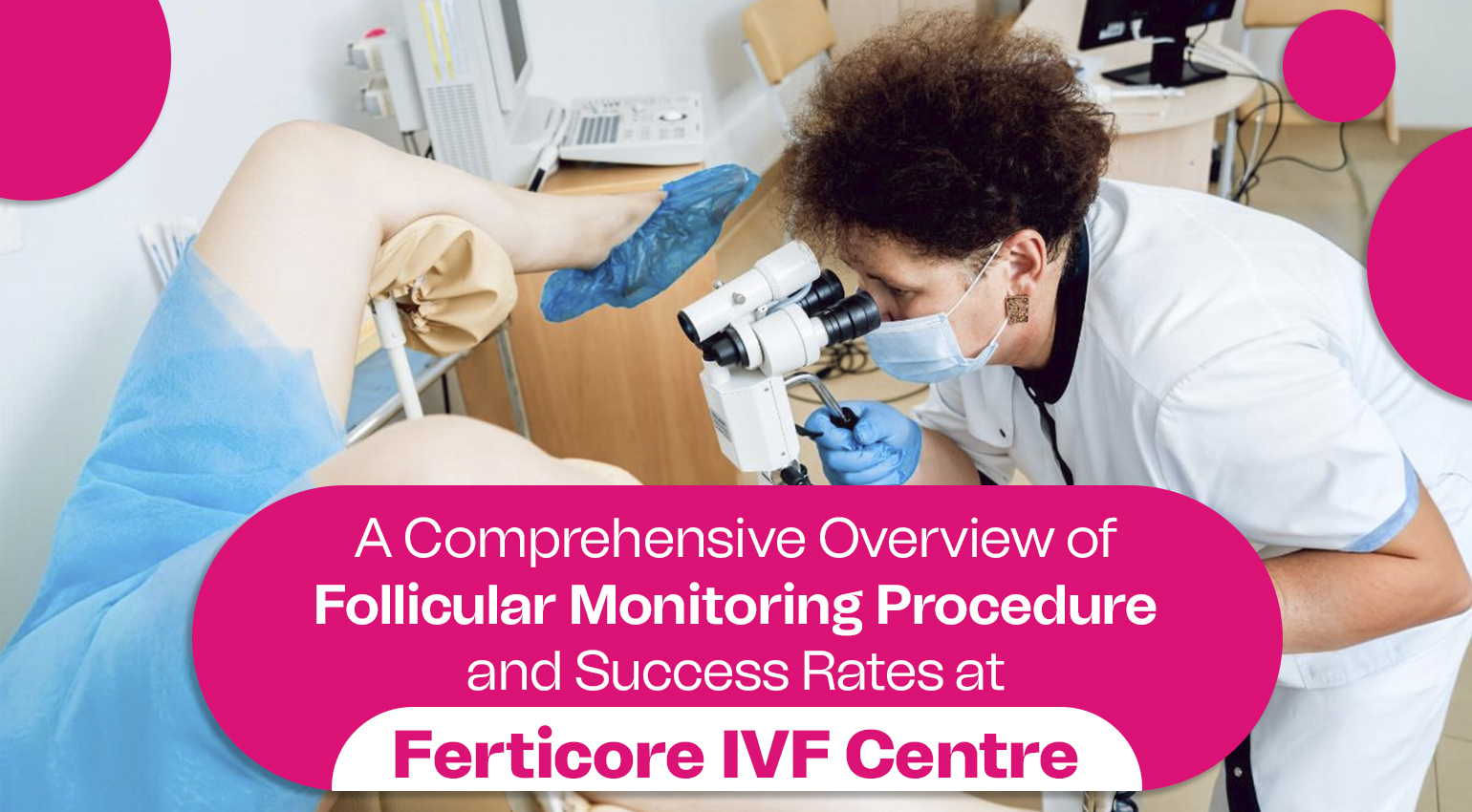 A Comprehensive Overview of Follicular Monitoring Procedure and Success Rates at Ferticore IVF Centre
A Comprehensive Overview of Follicular Monitoring Procedure and Success Rates at Ferticore IVF Centre
 Everything You Need to Know About Evaluation of Male Infertility
Everything You Need to Know About Evaluation of Male Infertility
 Understanding the Connection between Stress and Infertility
Understanding the Connection between Stress and Infertility
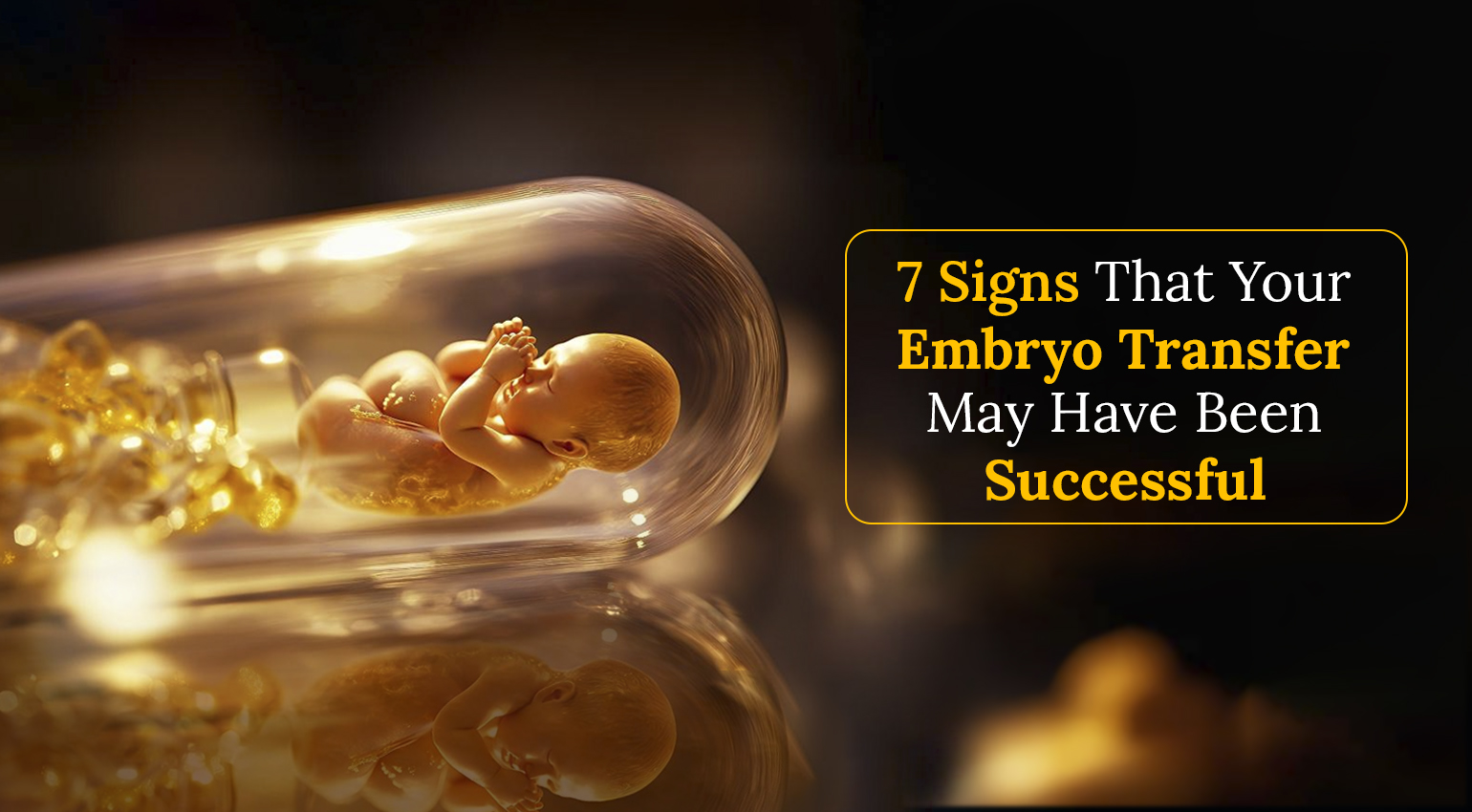 7 Signs That Your Embryo Transfer May Have Been Successful
7 Signs That Your Embryo Transfer May Have Been Successful
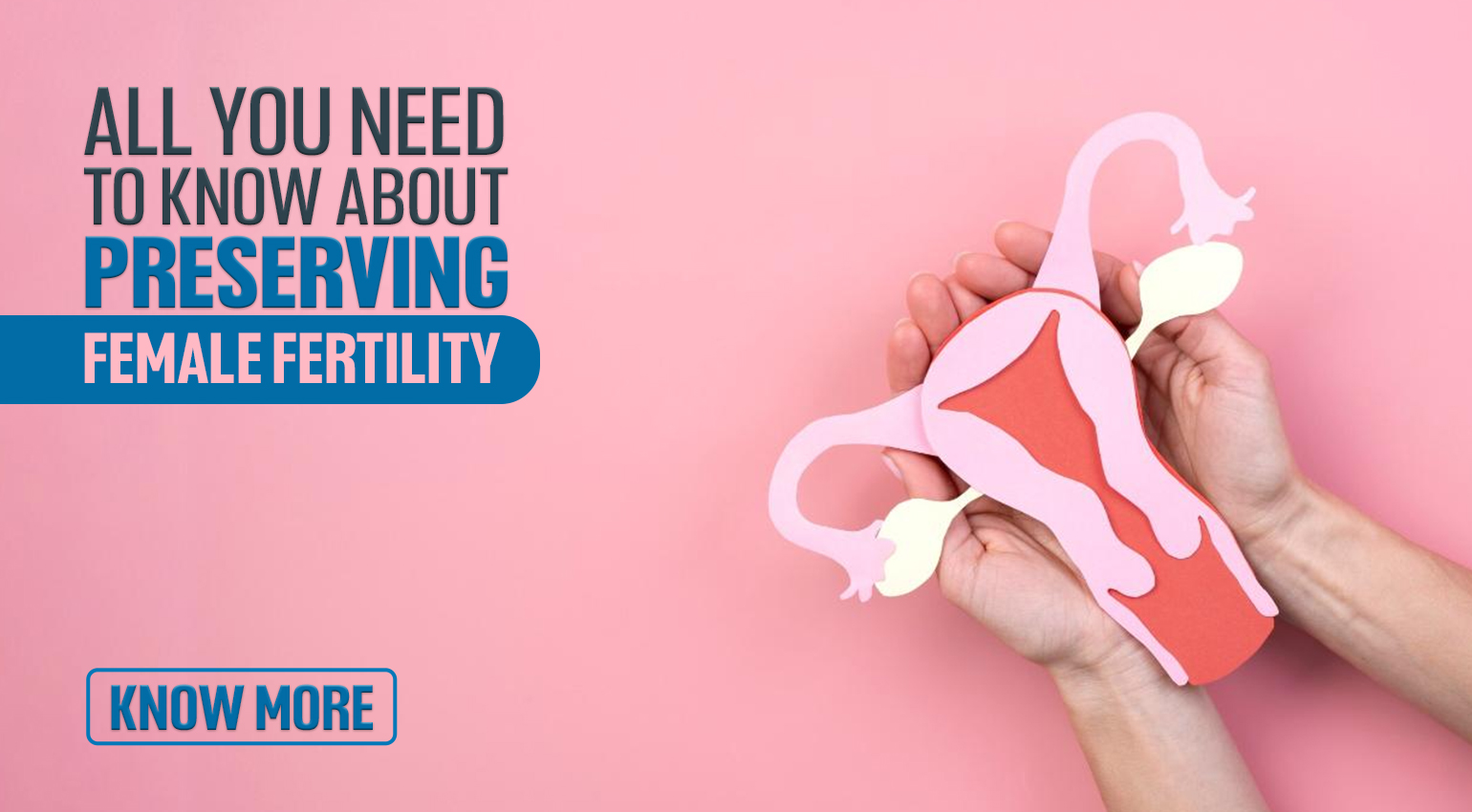 All You Need to Know About Preserving Female Fertility
All You Need to Know About Preserving Female Fertility
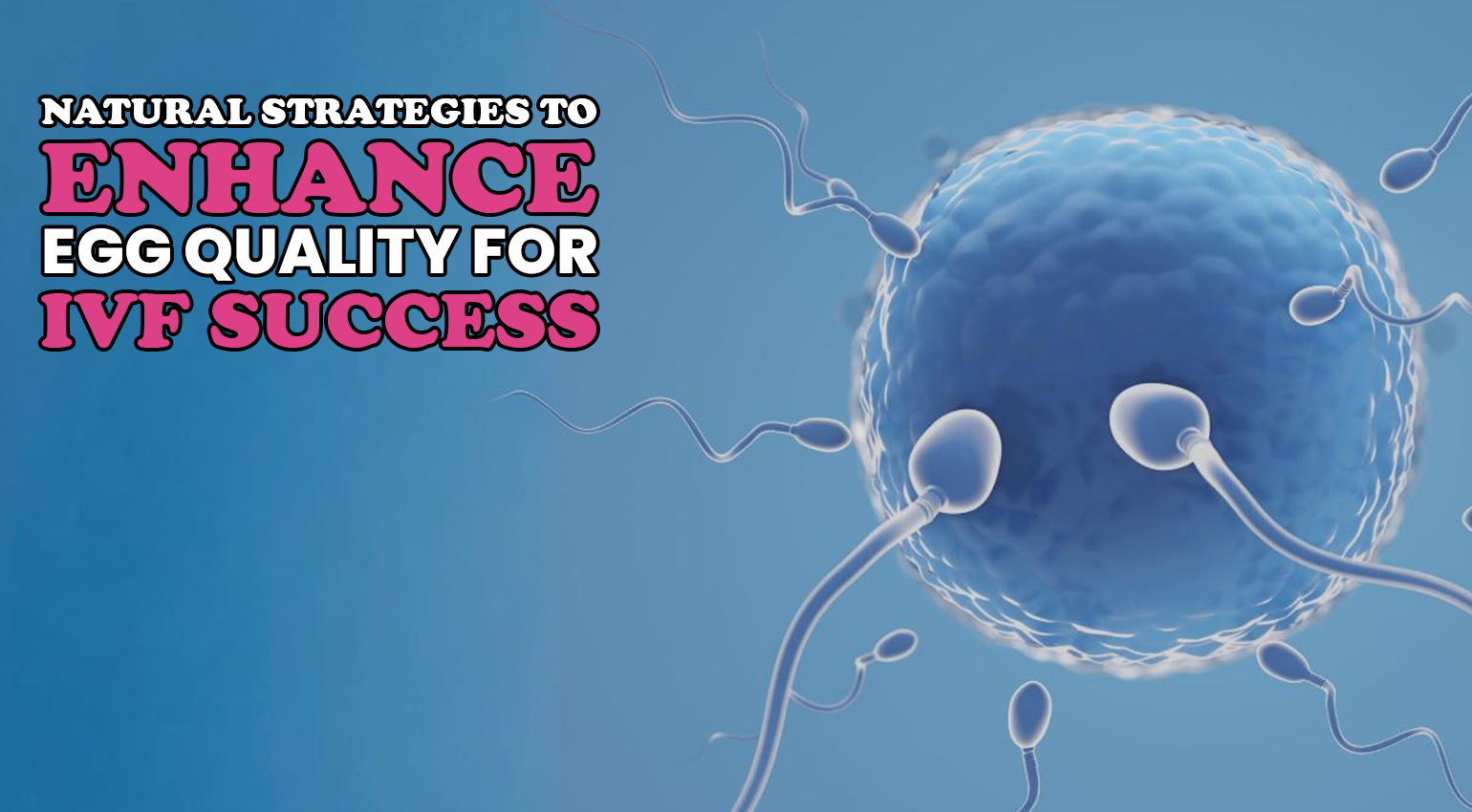 Natural Strategies to Enhance Egg Quality for IVF Success - Ferticore IVF Centre
Natural Strategies to Enhance Egg Quality for IVF Success - Ferticore IVF Centre
Copyright © 2024 . Designed By Wafi Media Marketing Solutions Pvt. Ltd.